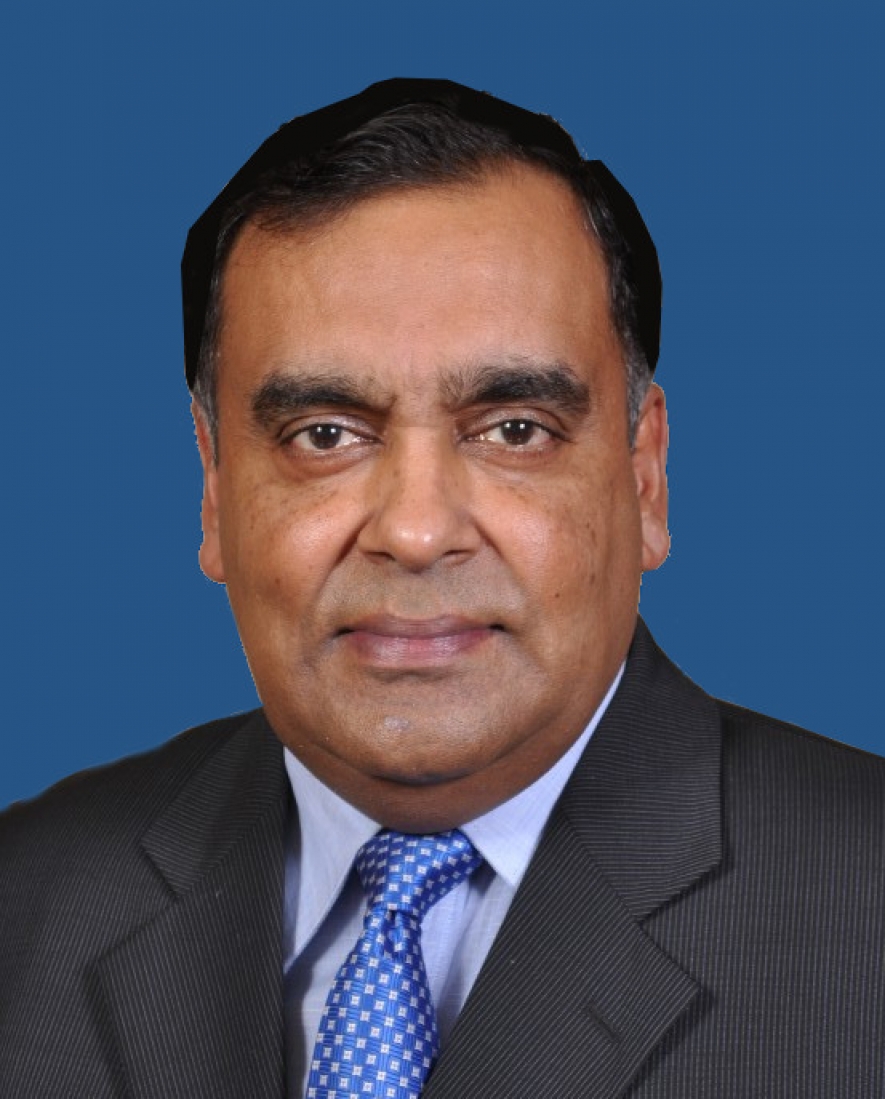Delivering the keynote address at the 17th Annual General Body Meeting of the Exporters' Association of Sri Lanka on July 31, the High Commissioner said the emergence of India as an engine for robust growth in the region provides manifold opportunities to Sri Lanka.
Highlighting that the cornerstone of the economic and commercial ties between the two countries is the 14-year old India Sri Lanka Free Trade Agreement (ISLFTA), the High Commissioner said the ISLFTA has led to massive business boosts for both countries.
Since the entry into force of the ISLFTA Sri Lankan exports to India have seen a more than 10 fold increase from USD 49 million in 1999 to USD 543 million in 2013. Bilateral trade is again looking up in the in the first six months of 2014 and exports to India from January-July 2014 have amounted to nearly USD 300 million, an increase of 7.42% as compared to the same period last year.
Under the FTA exporters from Sri Lanka receive benefits among others, in garment, textile, and pepper and tea quotas.
The Indian High Commissioner highlighted that among all the major trade partners of Sri Lanka, India has the most balanced trade with Sri Lanka.
India is the largest source of imports for Sri Lanka, but was also the third largest export destination after USA and UK accounting for 5.2 % of the total exports of the country, he noted. India has also attracted investment from Sri Lanka and firms like Brandix and MAS Holdings, among others, have chosen to set up companies there for manufacture and export of apparel.
Addressing the issue of Sri Lanka's trade deficit with India under the FTA, the envoy said both countries need to diversify the trade while moving out of their respective comfort zones.
As a solution, Sinha said the services sector, which is increasingly accounting for a larger portion of the GDP of both countries, needs to be tapped.
Pointing out that the potential for tourism is self-evident, the envoy said India has consistently been the largest source of tourists to Sri Lanka and external tourism is linked to the growth of tourism-related infrastructure.
He said that there are opportunities with immense potential like the Ramayana trail development, which, if pursued, has the potential of exponentially increasing tourism revenue and reducing the trade deficit.
The High Commissioner also suggested that the education sector is another area with immense potential.
He said that in recent years, India has been attracting a growing number of Sri Lankan students for tertiary education, and offers a much more affordable alternative to other countries without compromising on quality. As many Indian institutions of excellence are interested in investing in Sri Lanka, quality educational institutions in Sri Lanka would aid in capacity building and to some extent mitigate problems associated with the so-called "brain-drain".
Speaking of increasing connectivity between the two countries, the envoy said both the countries enjoy close connectivity by air with 113 weekly flights from Colombo to eight destinations in India.
He said India is working for resumption of the ferry services between Colombo and Tuticorin and Thalaimannar and Rameshwaram.
With the rehabilitation and extension of the railway network in Sri Lanka and the resumption of ferry services, greater people to people contact will be facilitated, he pointed out.
India and Sri Lanka have also been discussing the possibility of trading in energy taking into account availability of power in both countries as well as patterns of consumption. Export of power to India would help bridge the trade deficit, Sinha noted.
While emphasizing that India and Sri Lanka share a dynamic and multi-faceted relationship which is rooted in civilizational ties of history, language, culture, religion and trade, the envoy said Both countries need to work together to explore new avenues of cooperation, keeping in mind our inherent strengths and complementaries. "I am sanguine that Sri Lanka, which till recently was India’s largest trading partner in South Asia, will reclaim that status in the near future provided we are able to take our special economic partnership to the next level," the High Commissioner said.(KH/priu)



















